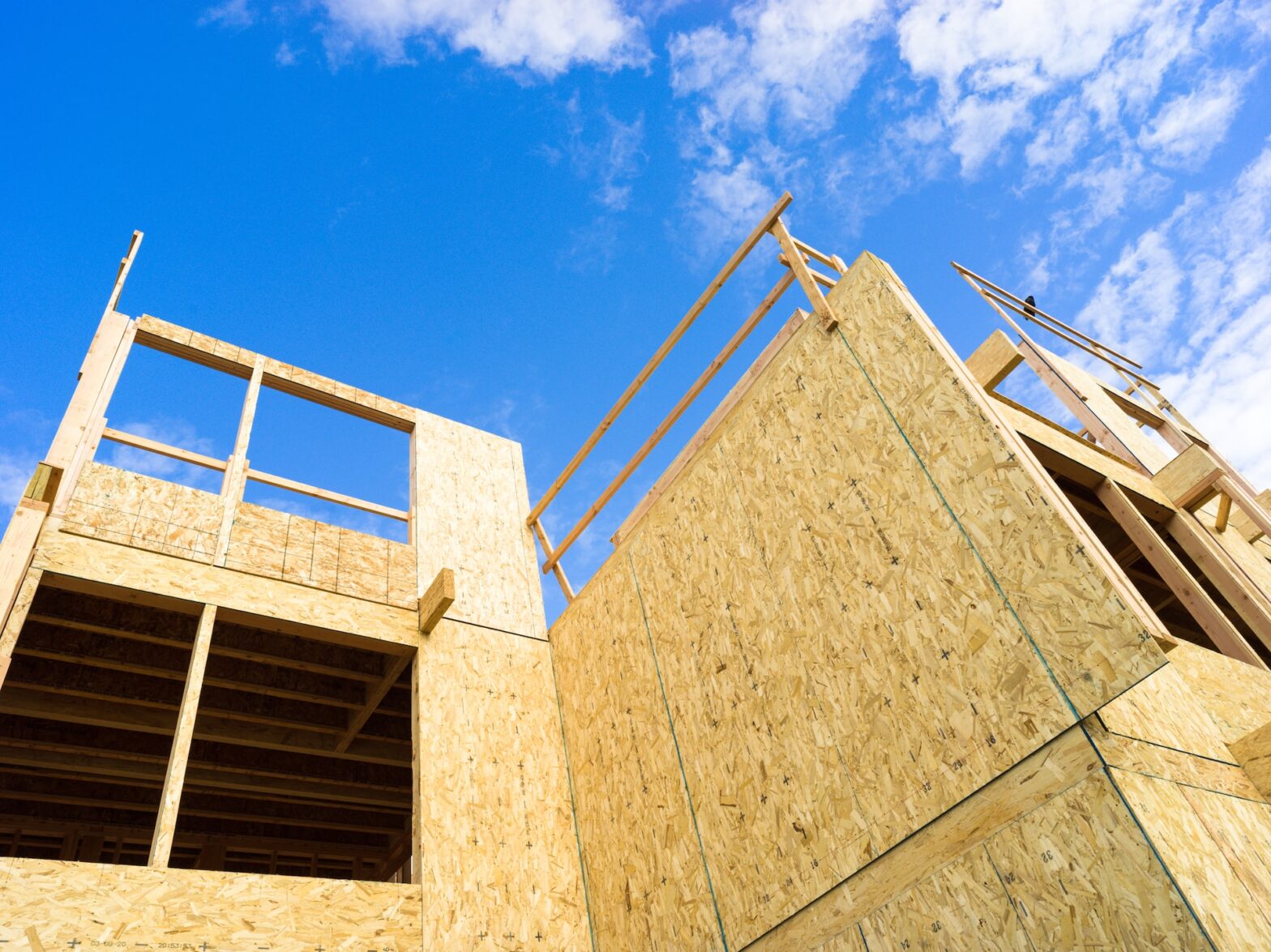In the world of real estate investing, there are many ways to obtain the financing you need to meet your financial goals. Both ground-up construction loans and bridge loans are popular with investors looking to build their portfolios quickly. With a ground-up construction loan, borrowers get money to build the ideal building, while a bridge loan allows a borrower to buy a new property before they’ve sold an existing one. Let’s look at the differences between these two types of financing so you know which one will work for you.
What Is a Ground-Up Construction Loan?
A ground-up construction loan provides you with funds to build a brand-new building on land you own or have a contract to purchase. You can use this money to pay for construction materials and labor, hire employees, and get the proper permits to ensure the building is legal and up to code. You can get a ground-up construction loan to help with the costs of building a single-family home, a multifamily property, or a mixed-use building. In some cases, you can also use the loan to pay for insurance.
Unlike a mortgage loan for an existing home or building, a construction loan is paid out in installments, called draws, that go directly to the contractor. As the contractor completes each phase of construction, an inspector will look at the building to ensure it meets timelines and matches the plans. Lenders usually have shorter terms for construction loans, requiring repayment within a year. You’ll also need a good credit score if you want to qualify for this type of financing.
Who Benefits From a Ground-Up Construction Loan?
Investors and contractors who have empty land that needs to be developed can benefit from taking out a ground-up construction loan. This funding can give them the resources they need to start their building project. Once construction is complete, the property is ready to sell or rent. The turnaround time for taking out a construction loan can be faster than getting a traditional mortgage. This makes it appealing to those who want to finish their building quickly.
Qualifications for this type of loan can be strict. Borrowers need to ensure they have a solid building plan before they apply. Lenders will want to see blueprints, a contract with a builder, and all the details about your proposed project before approving the loan. Many lenders will require you to put at least 20% down, and you’ll need a credit score of 620 or higher. There are quite a few risks to lenders that provide construction loans, so they need to know that you plan to see your project through.
What Is a Bridge Loan?
A bridge loan is used when a homeowner wants to buy a new home before they’ve finalized selling their current one. For example, if someone has put their home up for sale and received an offer but finds another home they want to purchase before the sale closes, they might consider a bridge loan.
The funds from a bridge loan, which are essentially the equity in the home, can go toward the purchase of a new home that might sell quickly in a hot real estate market. These loans are short term and come with a higher interest rate. However, because of the quick repayment time, they may be cheaper than taking out a second mortgage or other type of loan.
Who Benefits From a Bridge Loan?
A bridge loan is most beneficial to investors who want to make a move on a great deal before they’ve finalized another. If you own a rental property you want to sell so you can buy a better property, you might be able to use a bridge loan to cover the gap between when you close on one property and make an offer on another. If you have land available to develop, you can also use a bridge loan to cover the construction costs of a new home while you wait to sell your existing one.
Bridge loans are useful in situations where an investor is at risk of losing out on a good deal because they have a property for sale that hasn’t sold or has sold but hasn’t closed. Bridge loan terms are usually around six months, but this should give you plenty of time to sell a house or secure long-term financing so you can repay the loan on time.
What Are the Differences Between a Construction Loan and a Bridge Loan?
Construction loans and bridge loans have several differences that you need to be aware of before you apply for either type of financing. With a construction loan, funds are paid in increments to contractors as they complete work on the project. A bridge loan, on the other hand, gets paid in a lump sum.
While both loan types have short terms, you may have a year or more to pay back a construction loan, depending on the scope of your project. Most bridge loans need to be repaid within six months. You have more flexibility with a bridge loan, as you can use the funds for a wider range of investment purposes. A ground-up construction loan is only for building a new structure or making significant renovations to an existing one.
Do You Need Funding To Help You Build Your Portfolio?
If you’re considering a bridge loan or a construction loan, it’s beneficial to know the differences between them before you apply. A construction loan is perfect for developers with land that’s construction-ready or individuals who want to build their dream home. Bridge loans are great for investors who need to make a move on a property and can’t wait for another deal to go through first. To learn more about ground-up construction and bridge loans, contact the team at Titan Funding. We can help you get the funding you need to close your next deal.

